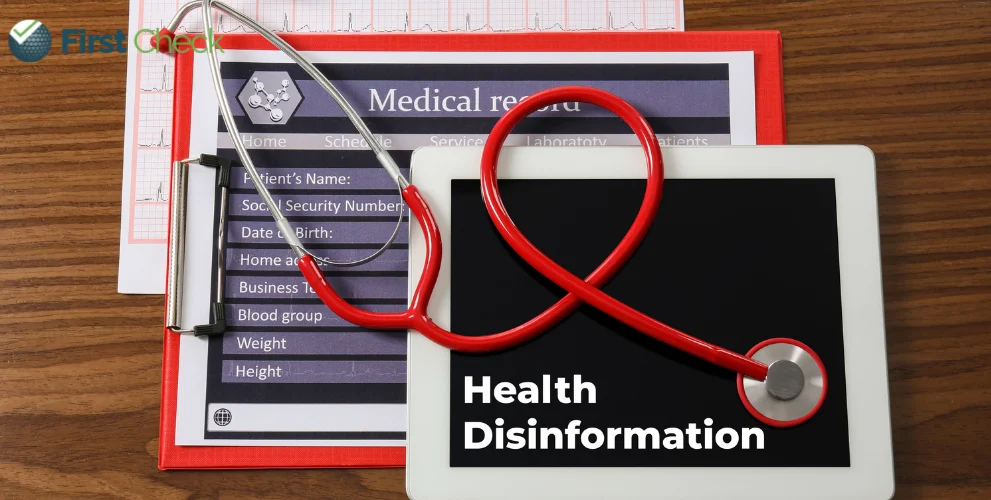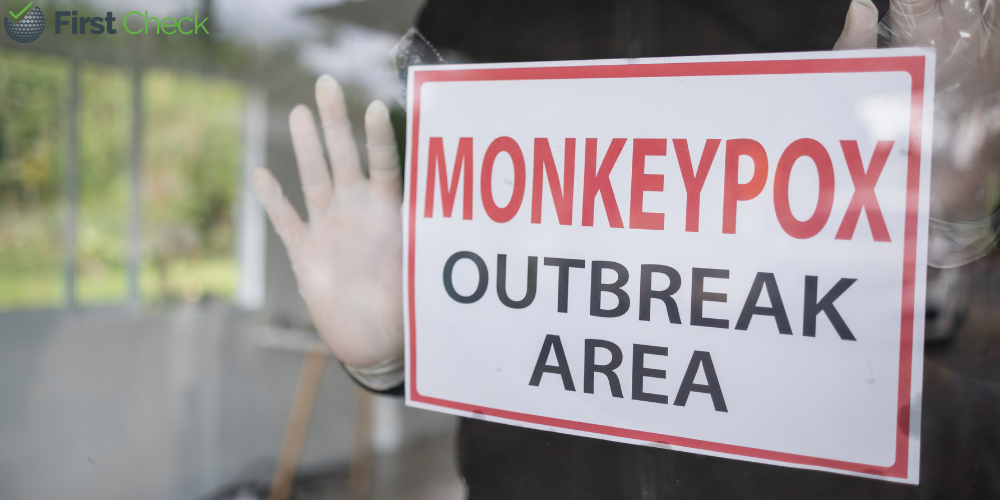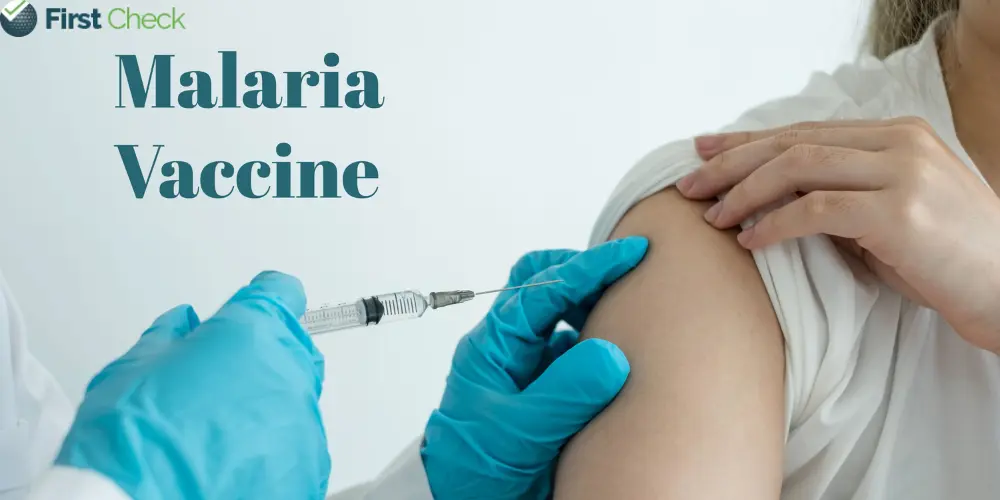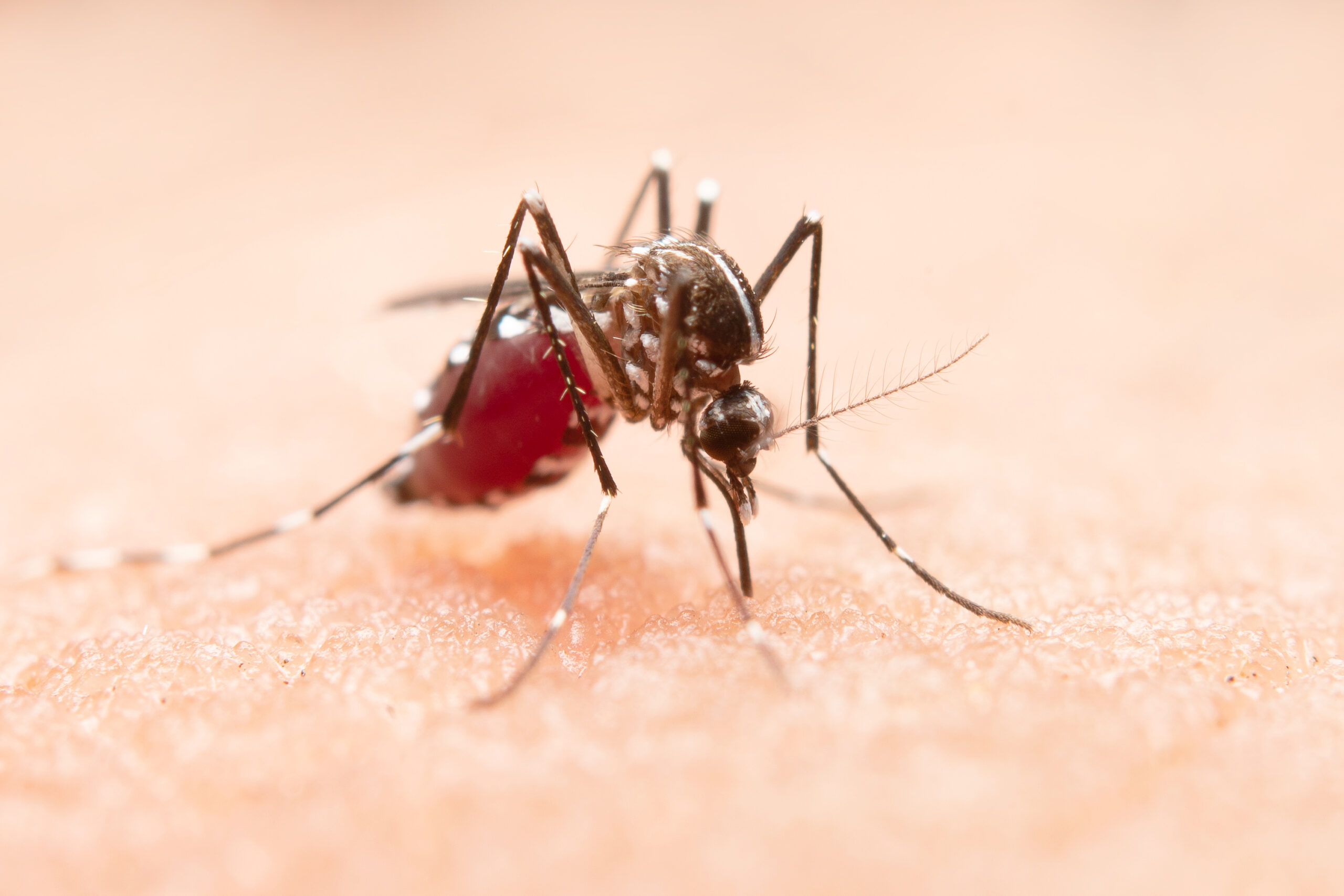Decoding health disinformation during elections
Author
Author
- admin / 2 years

- 0
- 3 min read

Author
In a year when the world’s oldest and the largest democracies are going to polls, AI-generated fake news is expected to be all over the place.
Does health mis/disinformation increase or decrease during elections? Very little is known about this phenomenon. It is, however, scientifically proven that political fake news becomes rife during polls.
According to the World Economic Forum’s Global Risks Report 2024, misinformation and disinformation generated by artificial intelligence (AI) have been identified as the primary global risk for the next two years, surpassing concerns such as climate change and warfare. In a year when the world’s oldest and the largest democracies are going to polls, AI-generated fake news is expected to be all over the place.
Scammers are capitalising on the emergence of deepfake technology, predominantly in the creation of AI-manipulated videos featuring celebrities endorsing products like dietary supplements or digital currencies. There is a growing trend of exploiting inexpensive AI tools for the dissemination of propaganda.
Interestingly, along with political disinformation, the US elections are also witnessing some play of health news – both true and fake. US president Joe Biden’s health has become a heated subject of debate in an election year. A recent probe by a special counsel investigation is said to have revealed Biden’s memory lapses, raising questions about his fitness for a potential second term. The investigation painted him as an “elderly man with a poor memory”.
Although Biden, 81, vehemently responded to the allegations, the issue of his age, compounded by instances of forgetfulness and verbal missteps, has become a focal point in the lead-up to the upcoming election, with critics questioning his cognitive abilities. While the White House has dismissed criticisms as inaccurate, the scrutiny persists, fuelling further debate over the presidential candidate’s capacity to serve effectively.
Similarly, his rival, former President Donald Trump, 77, has also faced scrutiny over his own verbal slip-ups, albeit with less voter concern. As the election process gathers steam, both candidates find themselves under heightened scrutiny while they prepare for a potential rematch in November 2024.
In India, however, no such health scrutiny is underway regarding any candidate, least of all for prime minister Narendra Modi who is now 73. Incidentally, the age of his nearest rival Rahul Gandhi is just 53. Within the BJP, the next in command, home minister Amit Shah is 59, far younger than his elderly appearance. So, the age and health of politicians is unlikely to be an issue in the upcoming national elections in India. Given that the campaigning is only set to intensify in the coming weeks, we can only hope that AI doesn’t end up singularly determining the course and outcome of the elections.










